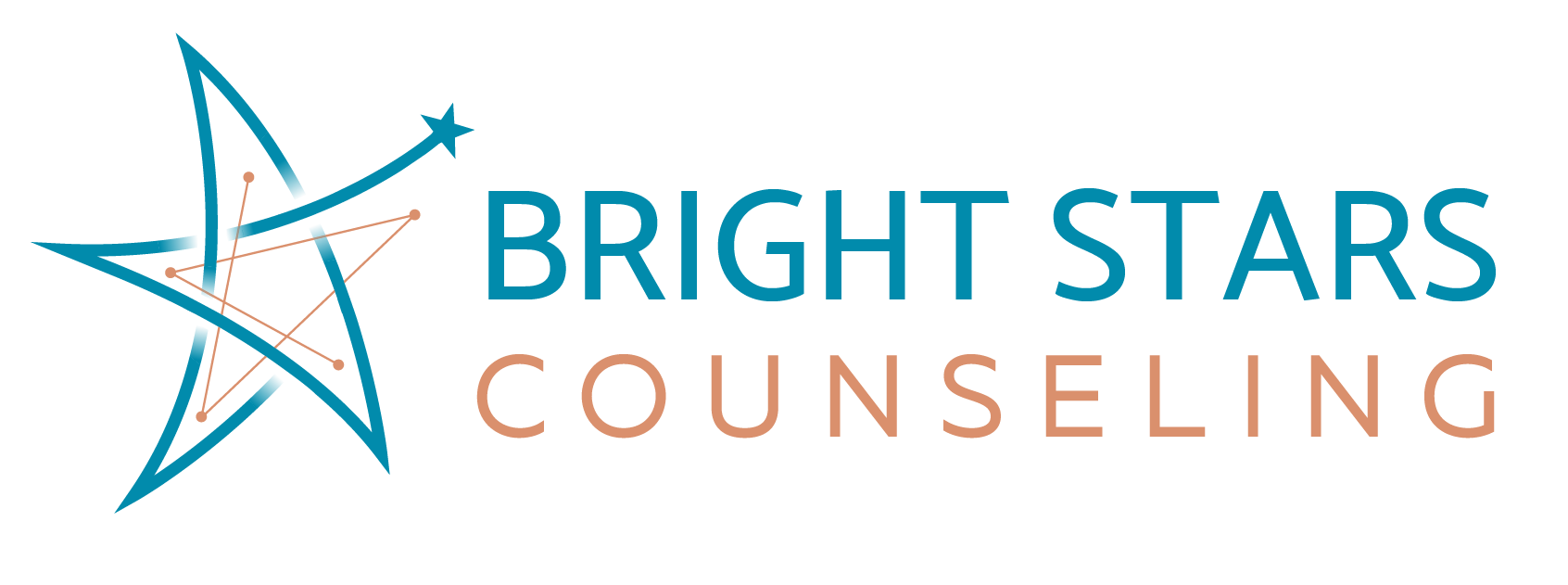Preparing for a job interview is stressful. If you are like me, you will google and write down a long list of possible questions, and write out the best answer for each of them. After a few hours or days of preparation, you will have a 7-10 page document. Reviewing this document, you feel overwhelmed by the information, and you start to forget what you wrote. You want to memorize each answer, but you know it would just fill you with more anxiety. Pretty soon you just want to burn the document and forget about it all together.
Being thorough in your preparation is a good thing, but the pitfall is losing sight of the forest for the trees. To see the big picture and manage your anxiety, you need to step back. From the book, Guide to Rethinking Interviews by Richard Bolles, there are only four questions in any interview, and you will get the job if you can answer them well.
The four questions are:
- Why are you here?
- What can you do for us?
- What kind of person are you?
- What distinguishes you from the 20 other people with your same skills?
Why are you here? In other words, why are you knocking on my door, and not someone else’s? To answer this question, you need to research and have a good understand of the company. More importantly, you want to make the connection between the job and your career goals. The most compelling answer is one that connects the job to your life’s passion. If getting this job is like putting in the missing piece of your life’s puzzle, people are innately drawn to fit the pieces together.
What can you do for us? Whether it is a question about your technical expertise, business acumen, or past experiences, it is essentially asking the question of, “what can you do for us?” To prepare for this question, you need to prepare a few success stories from your past that are relevant to the job. If you don’t have any relevant job experience, identify experiences that showcase your positive traits, such as persistence, attention-to-detail, or work ethics. For each story, describe briefly the context or problem, and spend 70 to 80% of the time talking about what actions you took to solve the problem and the resulting positive outcome. The more specific you can describe your actions, the more vivid and convincing the story will be to the interviewer.
What kind of person are you? People don’t want to work with assholes; they want to work with people they like. Interviewers try to get at this by asking behavioral questions, such as “tell me a time when you have to deal with conflict with a supervisor?” There is no one right answer, as long as you can communicate that you are thoughtful, ethical, and responsible. In fact, the answer to this question has nothing to do with any specific question – it is in your demeanor and non-verbal language throughout the interview. A good measure of this is how often you and the interview smile during the interview. If you left the interview feeling like you just had a fun conversation with a friend, you probably did well.
What distinguished you from the other candidates? Good jobs are competitive, so you need to highlight parts of you that make you different. This can be a unique work experience, an exemplary accomplishment, or something personal. Maybe you’ve ran a marathon, you are the first person in your family to attend college, or you are a certified yoga teacher. A love for spicy food is a distinguishable trait too, though it doesn’t highlight a positive trait like the other examples. If you don’t have anything distinguishable to share, you need start doing something fun in your life!
The four questions should serve as the cornerstones of your interview. Make sure you address each area in one way or another. If you’ve answer these questions well, then you did your best. Remember that the evaluation goes both ways in a job interview, so if you didn’t get the job, it probably wouldn’t be a good fit for you.





